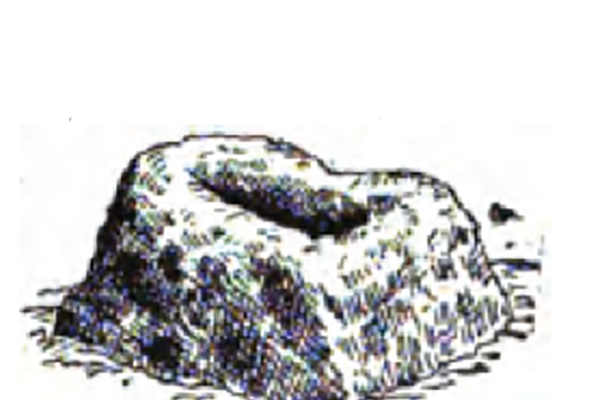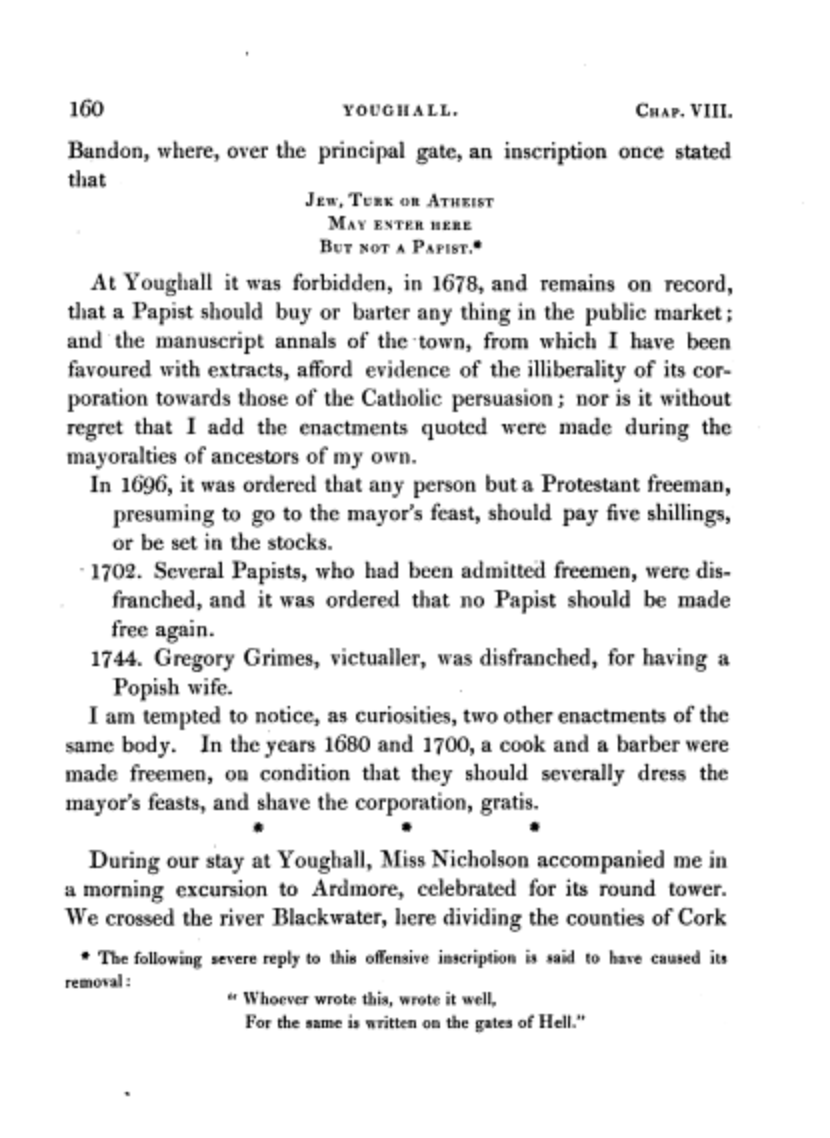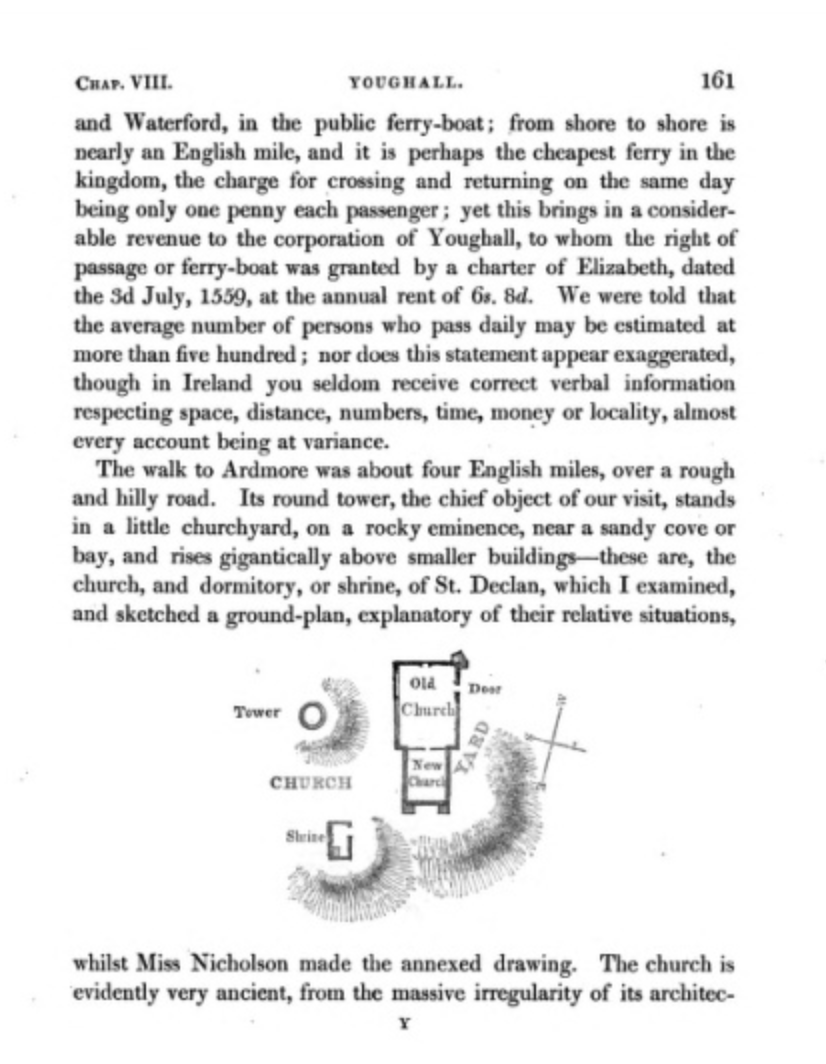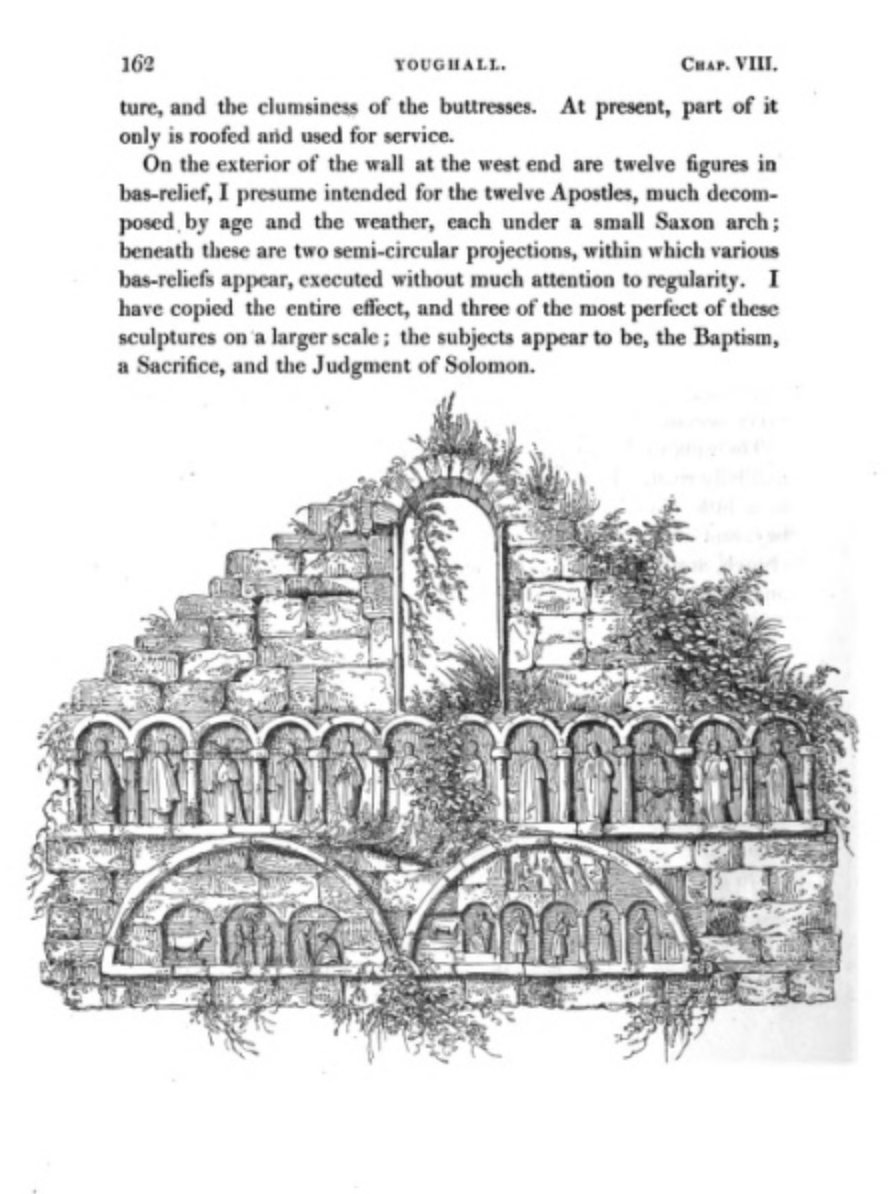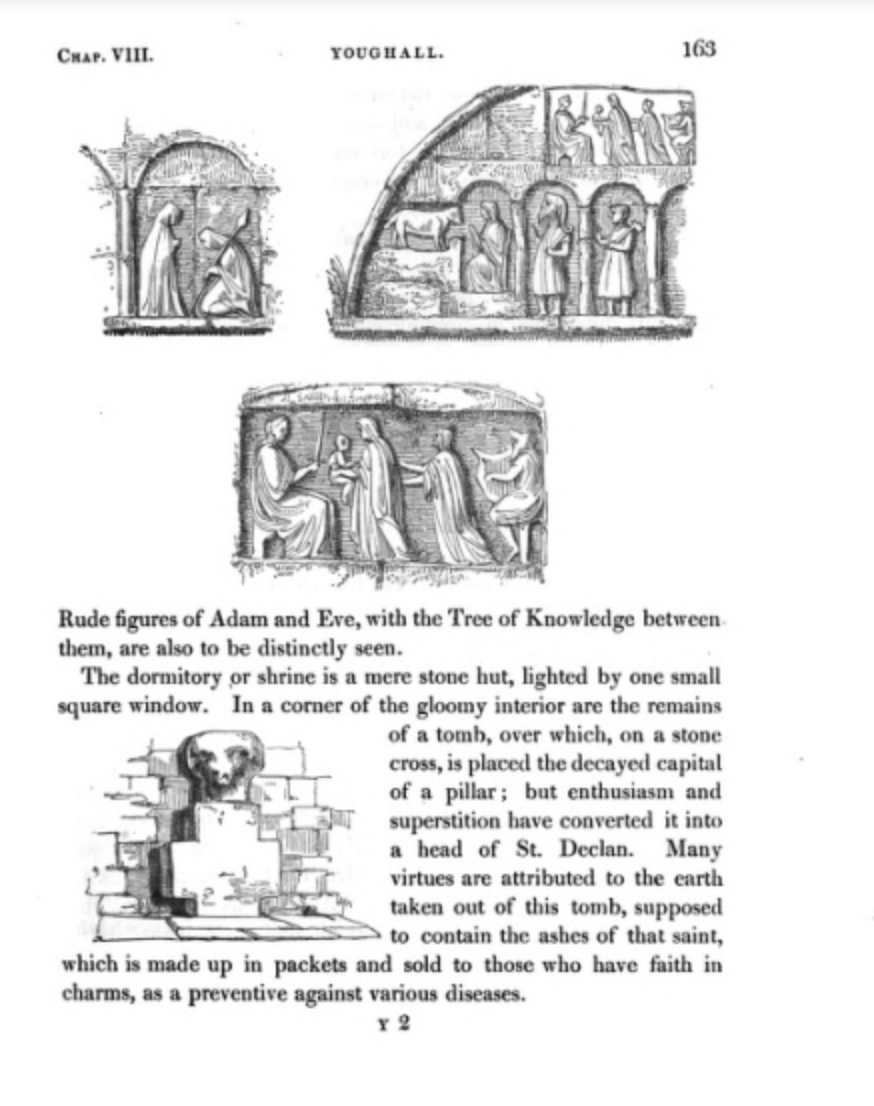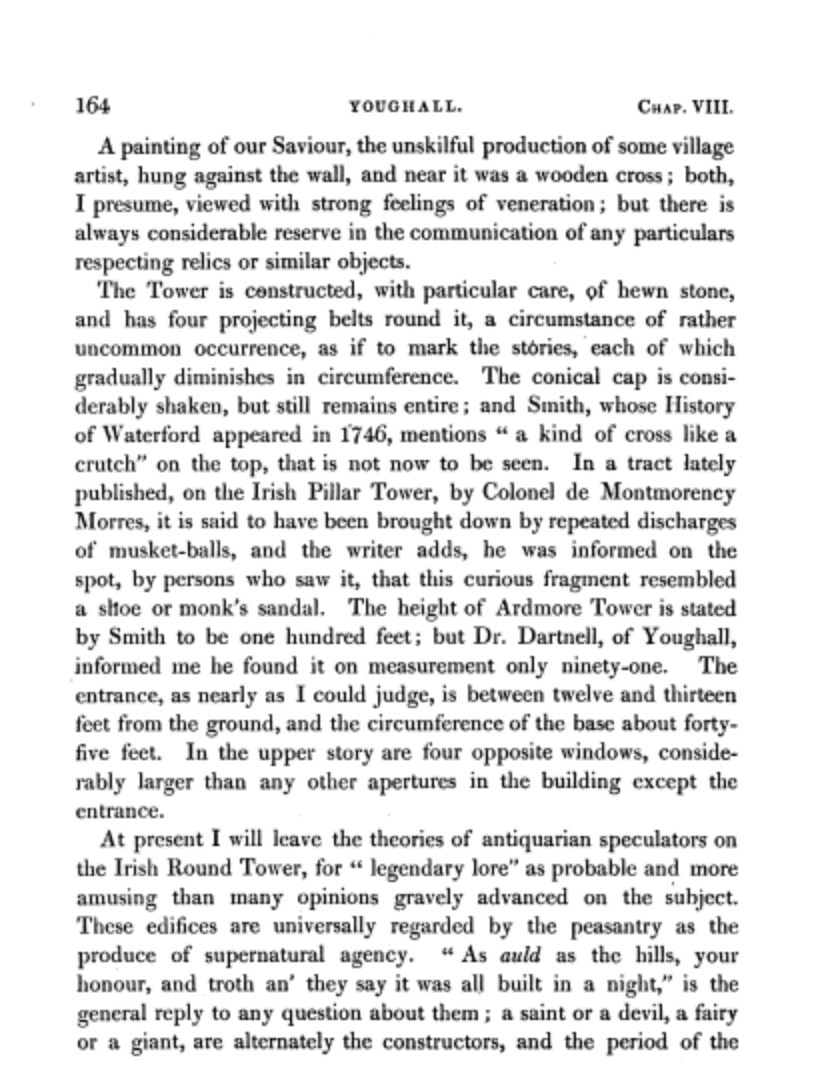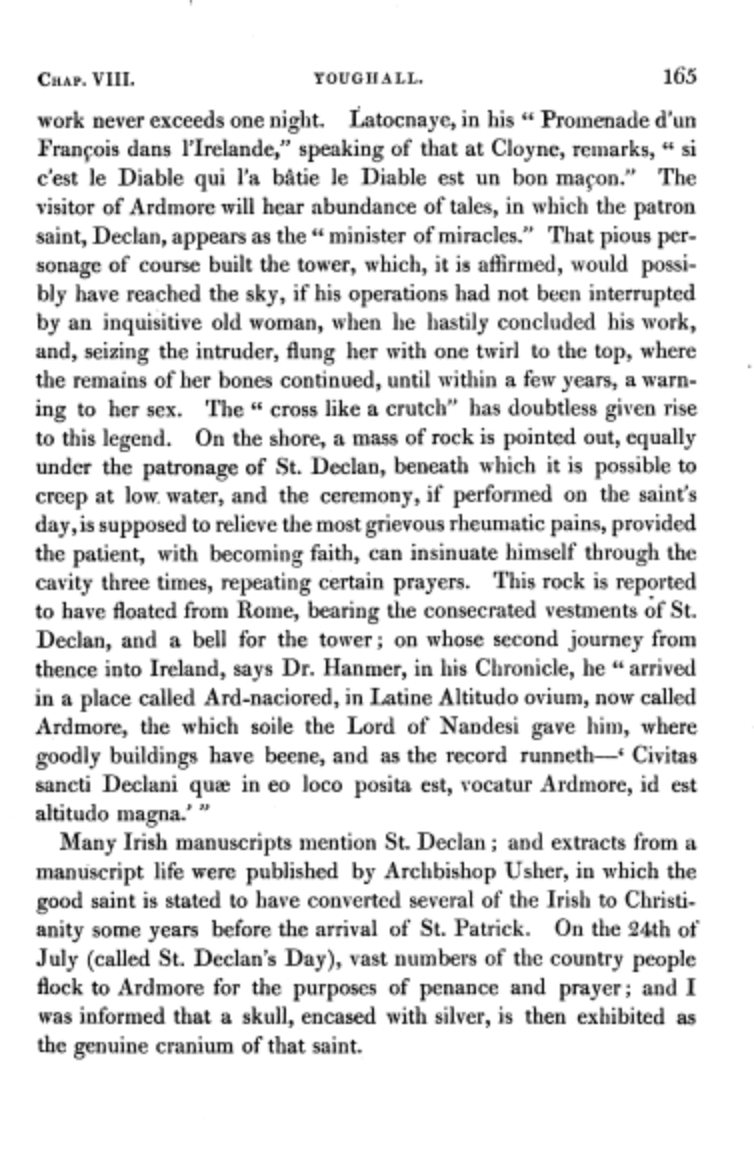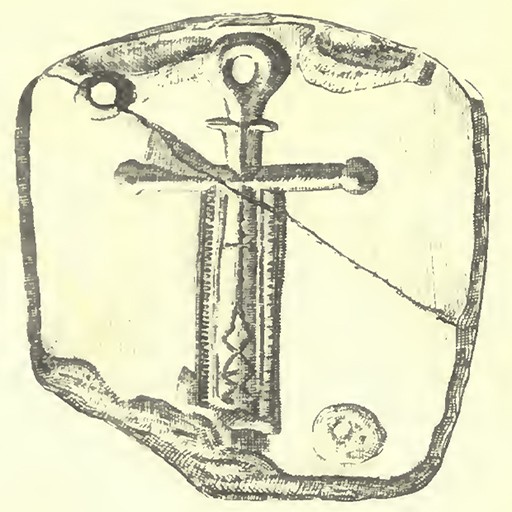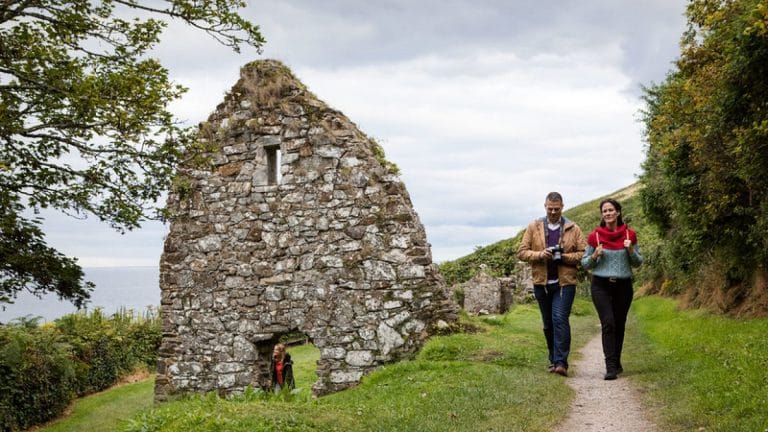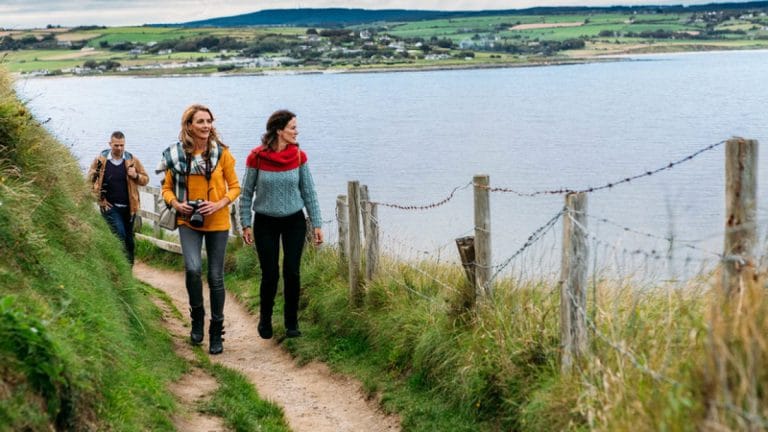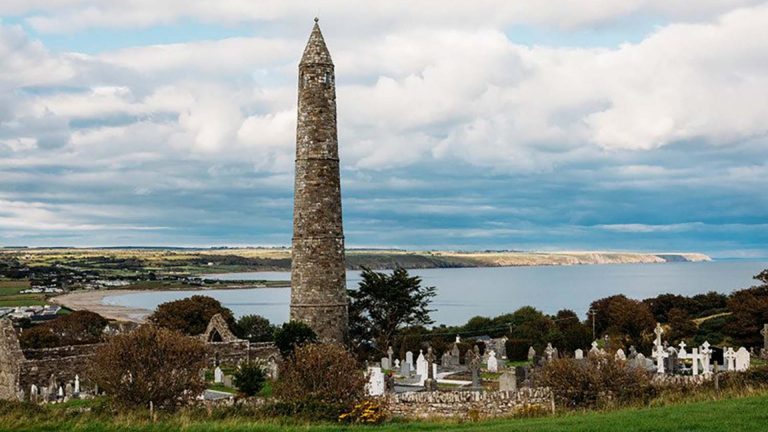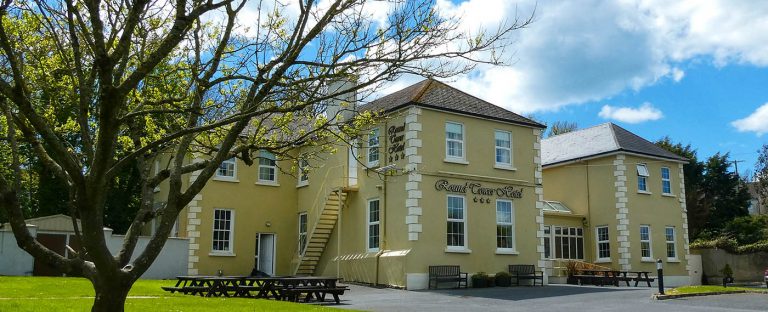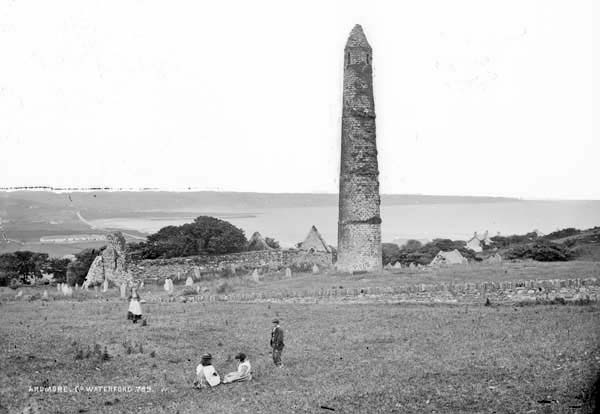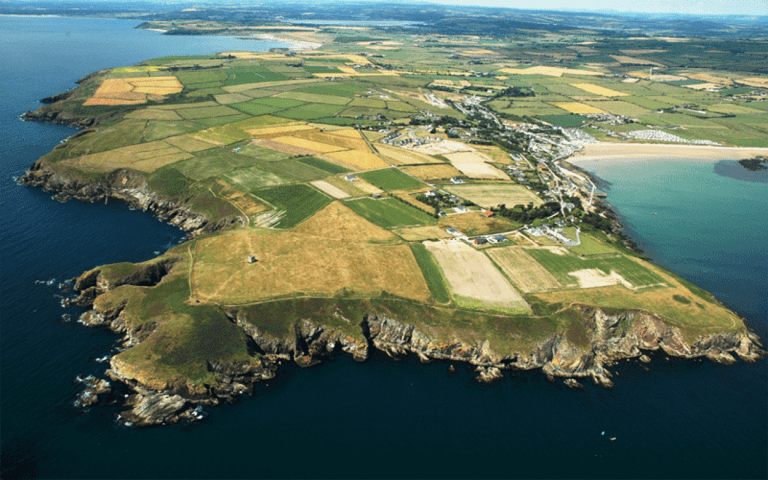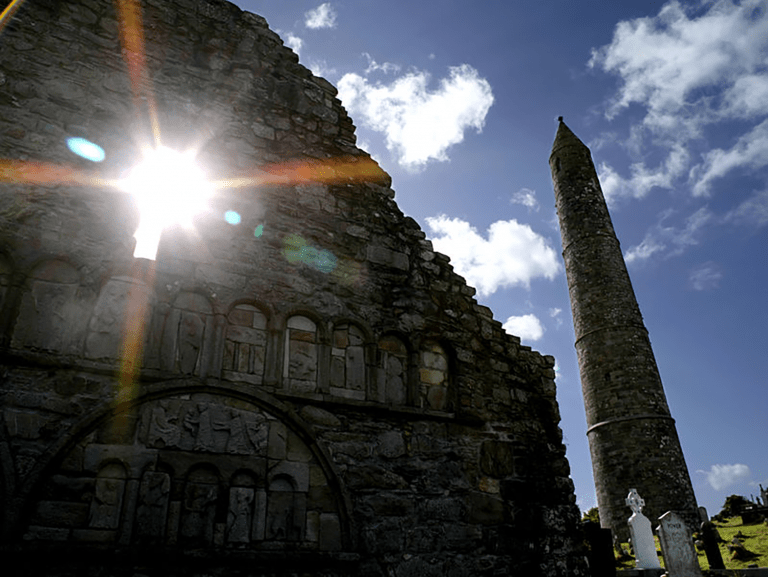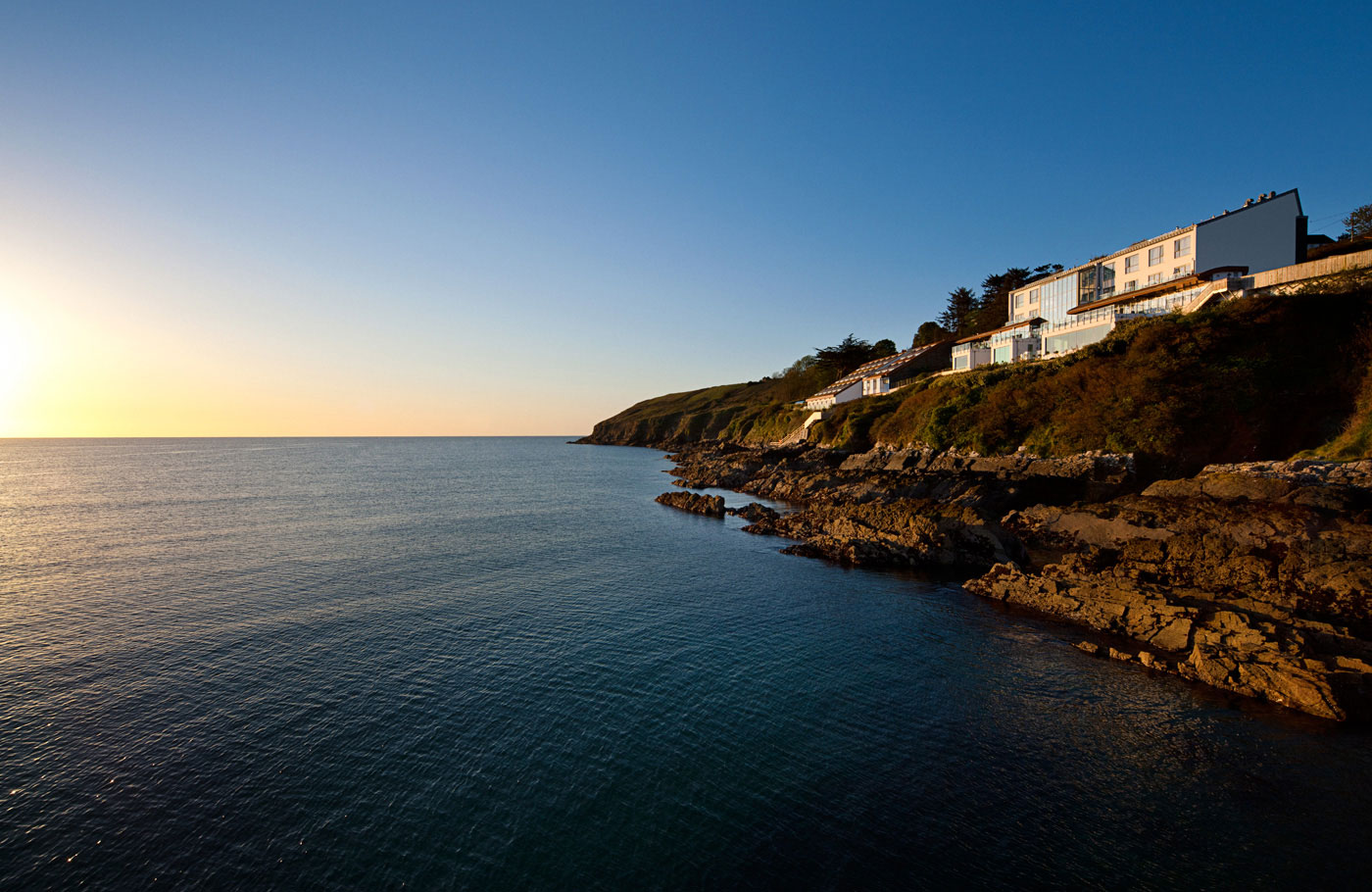Step back in time to Ardmore, County Waterford, in 1824. As you wander the picturesque coastal village, you might witness scenes that blend faith, folklore, and ancient tradition in ways that would fascinate and perplex visitors from afar.
St. Declan’s Stone: A Test of Faith and Flexibility
On July 24th, St. Declan’s feast day, a remarkable spectacle unfolds on Ardmore’s beach. Crowds gather around a large rock known as St. Declan’s Stone, believed to have miraculous powers[2]. Watch as devotees, stripped down to their bare essentials, perform an extraordinary ritual:
- Men and women alike crawl under the stone on their stomachs “as if in the act of swimming”[2]
- They repeat this three times, striking their backs against the stone
- All the while, they recite prayers and move on bare knees over smaller rocks
This practice, thought to cure rheumatism, draws over 1,100 participants daily [2]. The determination of the faithful is so strong that even attempts by local priests to stop the custom have failed[2].
A Festive Atmosphere
The beach transforms into a lively fairground:
- Tents with green flags sell whiskey to the thirsty pilgrims[2]
- Games of chance like cards, dice, and wheels of fortune entertain the crowds[2]
Clashing Perspectives
R.H. Ryland, an observer of the time, describes the participants as being of the “lowest class,” revealing the stark social divisions of 19th-century Ireland[2]. This outsider’s view contrasts sharply with the deep spiritual significance the ritual holds for local participants.
Beyond St. Declan’s Day
Ardmore’s rich tapestry of beliefs extends beyond this annual celebration:
- Holy wells dot the landscape, each with its own healing properties
- Ancient mass paths, like the one from Ardo to Whiting Bay, speak to centuries of hidden worship during times of religious persecution[3]
- Folklore and superstition intertwine with daily life, shaping the “national character” that so fascinated outside observers[5]
As you explore Ardmore today, remember the generations who have walked these shores before, their lives a complex blend of faith, tradition, and the struggle for survival in a changing world.
Citations:
[1] https://www.waterfordmuseum.ie/exhibit/web/Display/article/331/15/The_Ardmore_Journal_More_Smiths_Musings_.html
[2] https://www.themodernantiquarian.com/site/12817/saint-declans-stone
[3] https://www.waterfordmuseum.ie/exhibit/web/Display/article/331/The_Ardmore_Journal_.html
[4] https://www.abebooks.co.uk/book-search/title/researches-south-ireland-illustrative/author/croker-crofton/first-edition/
[5] http://www.ricorso.net/rx/library/authors/classic/Croker_TC/Research/Research01.htm
[6] https://www.ardmorewaterford.com/ardmore-1824-ad/
[7] https://www.ardmorewaterford.com/ardmore-1795/
[8] https://www.antipodean.com/pages/books/25965/t-crofton-croker/researches-in-the-south-of-ireland-illustrative-of-the-scenery-architectural-remains-and-the
The Manners And Superstitions Of The Ardmore Peasantry – Ardmore, 1824
Heritage in Ireland can get under your skin.
But you can never get enough of a good thing for some visitors.
And this is what we love.
Their search for knowledge is our inspiration to find and preserve more and more of the rich heritage surrounding us here in Ardmore.
We include this early extract from Researches in the South of Ireland: illustrative of the scenery, architectural remains, and the manners and superstitions of the peasantry / by T. Crofton Croker; with an appendix containing a private narrative of the Rebellion of 1798, which should satisfy any visitor that is looking for historical detail.
